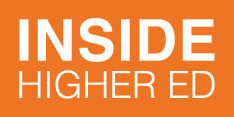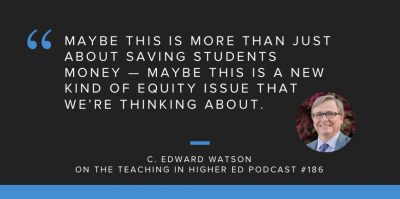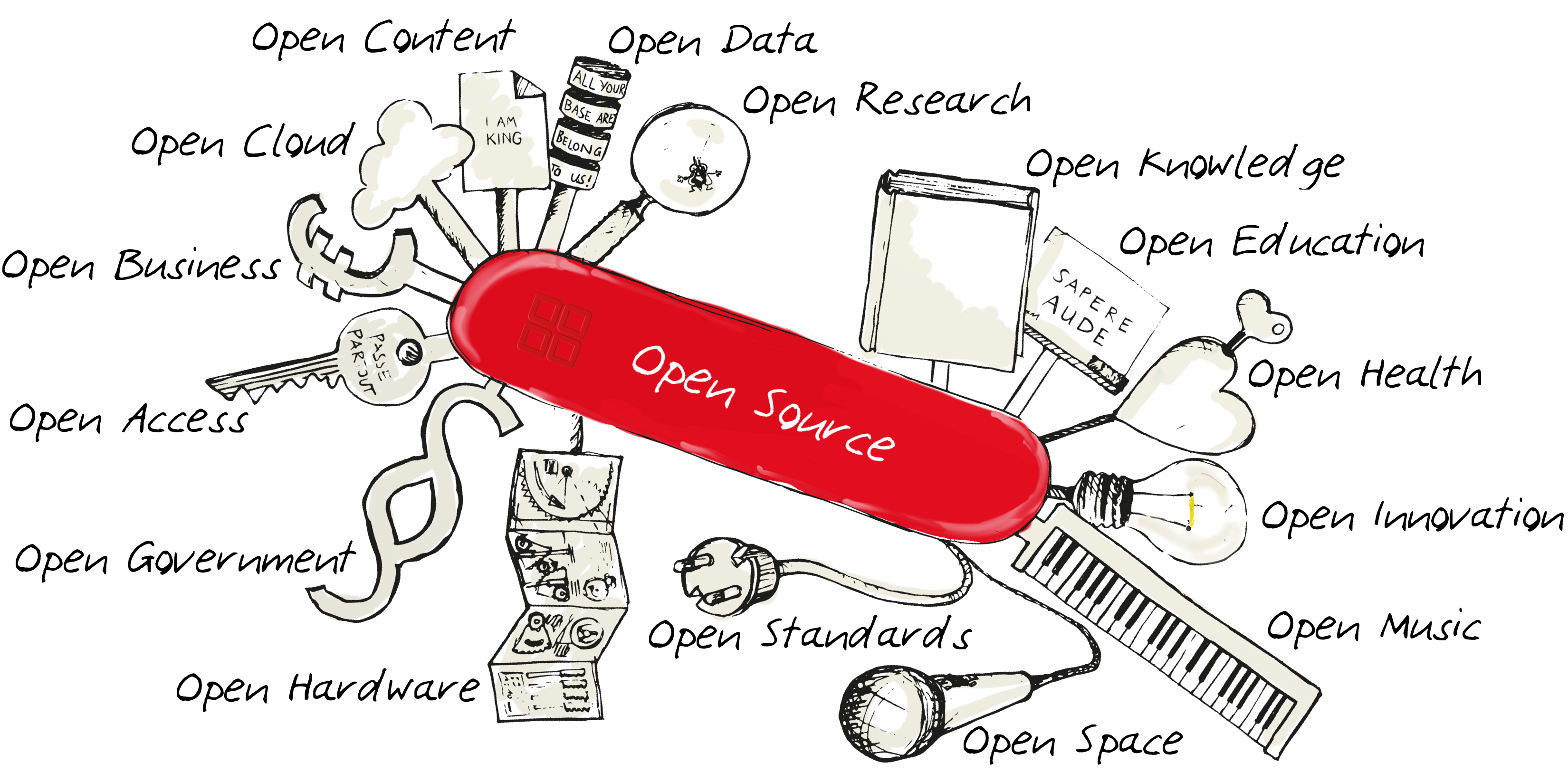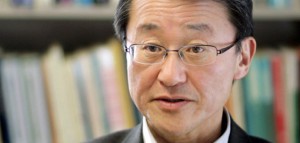Thoughtful reflections on the diminishing federal and state support of higher ed which leads to private interests taking hold on campuses ($$$), increases in costs for students ($$$), and how faculty are now engaging in many ways to help students get that education AND still have a bed to sleep in and food to eat. OER and other open practices is a gateway to this new reality where faculty are key change agents. ~Kathy

OER: Bigger Than Affordability
Open education resources can catalyze a much-needed national conversation about what we mean by “public” higher education, Robin DeRosa writes.
By Robin DeRosa
November 1, 2017
. . .
I began considering the larger role of open in a social justice agenda targeted at public higher education in the United States, where I live and teach. First, I looked to Sara Goldrick-Rab’s research on how the hidden costs of attending college make college graduation an unattainable goal for such a large portion of our nation’s population. If 50 to 80 percent of the total sticker price of college is coming from nontuition costs, as she demonstrates, we need to confront the complete set of material conditions that constrain students.
Not only can OER drive down the real cost of college, but thinking about textbook costs can propel faculty, in particular, to think about how course and program design can be adapted to make access — more broadly writ — a priority. Is food insecurity on the radar of your chemistry department? If OER is appealing because they can help make knowledge more accessible, then we must care about the myriad issues — from child care to transportation — that prevent our potential students from even coming to our classrooms in the first place.
. . .
Read the entire entry at https://www.insidehighered.com/digital-learning/views/2017/11/01/oer-catalyst-national-conversation-about-public-higher-education




 In what ways do you think Open Education (OE) has impacted Institutional practice, reputation and culture of MIT?
In what ways do you think Open Education (OE) has impacted Institutional practice, reputation and culture of MIT?